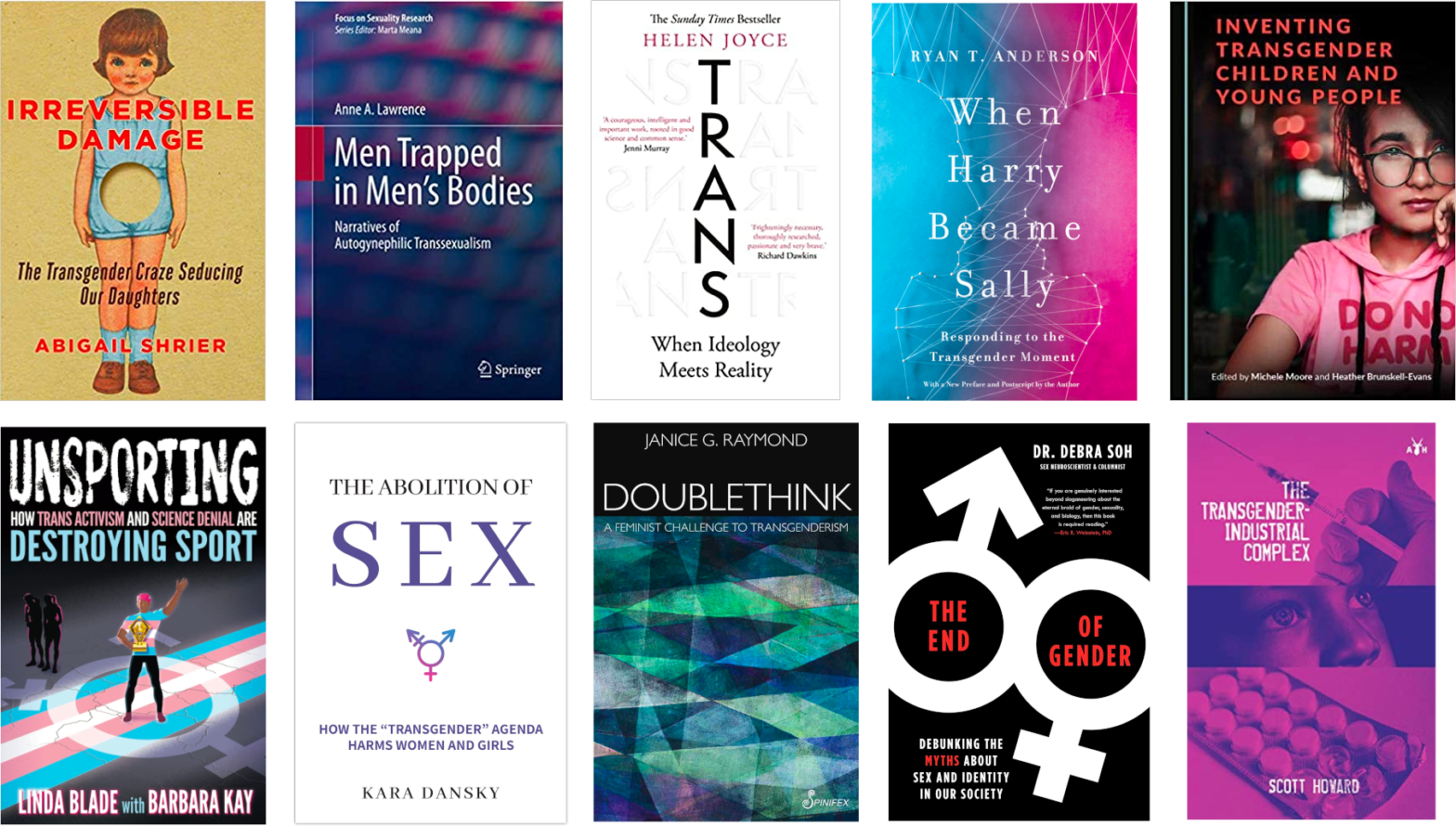Being in my mid-thirties I’ve witnessed a revolution in day-to-day activities.
The fundamentals look the same: spending time at work, making meals at home, driving places. The details are completely different. Everything in the mid-90s took more time and was less accessible. Work meant waiting in traffic. It could take a month between when taking photos and having a picture in your hands. Depositing money meant driving to the bank, and if it was a cheque, waiting days for it to cash. Paper maps and dictionaries were time-consuming necessities. Letters took a week to arrive. Music was limited to the small collection of CDs you purchased or FM radio. You could only get delivery for pizza and Chinese food; anything was an outing to a restaurant. If you were queer, especially in a smaller town, meeting new people was constrained to who your friends knew, the gay bar, and events.
It’s a completely different world now, the smart phone being the latest harbinger of change. This has been wonderful, but there are two big caveats. One is with the platforms with suggested content, infinite scrolls, and/or regular notifications: Instagram, TikTok, Facebook, Reddit, YouTube, Twitter, Twitch, even Netflix. They are engineered to capture your attention, with content tailored to you specifically, drawn from millions of user-generated options. When one app closes, there’s another to open. I’m not one to believe that books are inherently a superior form of entertainment, but unlike older forms of distraction, these are easy to unintentionally lose half a day to mindless scrolling.
We need to have time to engage with intentional activities, or even be occasionally bored, and be wary of being sucked into unintentional distractions. We need to be with our thoughts. Turning away is getting harder and harder as the content increases in personal relevance, thanks to clever engineering and opening these apps becomes a habit while a noticeable void is felt in their absence.
The other big caveat is with the inability to disconnect as a result of smart phones and remote work. For example, I get work messages at midnight, and if I’m on-call, I need to respond immediately or I risk losing my job. I am not permitted to simply work 9-5; I must be there for work 24/7 but I’m not paid a cent more for it. Even when not on call I get emails at all hours, and meetings can be at any time because the staff is spread across time zones. When people take vacations, they will be contacted while away to do work for some urgent matter or other. So again, this revolution which made remote working possible, saving a daily commute and opening up job opportunities, also prevents the ability to take mental space for oneself. It doesn’t have to be like this.
We’re so lucky to have so much more free time and new ways to forge connections thanks to this revolution. We need to ensure to take care of our mental well-being by being intentional about how much time we use aimless distraction. We also need right-to-disconnect laws and a culture shift that accounts for this revolution.



